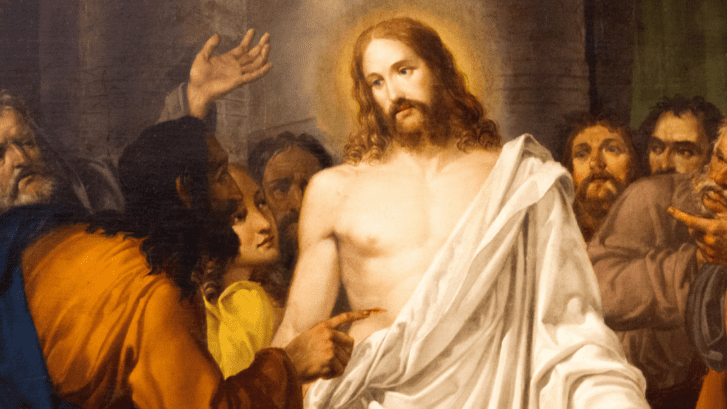A small child looks at a stove. It’s been turned off, but it’s still quite hot. She has been told the word several times: “Hot.” But it doesn’t mean much to her. It’s just a word; a sound her mother makes when she does not want her to touch the oven.
But the child reaches out and touches the stove anyway. She instantly recoils and tries to rub away the sharp, burning pain. And she clearly and unmistakably says, “Hot!”
Suddenly it meant something. “Hot” was no longer just a word, but an experience. The warning not to touch the hot stove no longer needed to be verbalized and repeated. It had become internalized and remembered.
Why must an idea be tested by one’s own experience?
That’s not just a charactersitic of the child, but of most of us. Not many of us accept someone else’s reasoning very easily. We are quite capable of doing our own thinking and testing.
Parents are often confounded by this problem, especially with maturing children. The children seem to have this desire to try things for themselves, rather than depend on the word or experience of the parents.
I have always felt sorry for Thomas in today’s Gospel. His fault was what we, who live in a scientific age, would call “virtue.” He needed evidence he could test for himself. And we see him move impressively from disbelief to belief.
Jesus appears and offers him the proof he is asking for. “Put your finger in My wounds and your hand in My side.” The Gospel does not say Thomas did this. In fact, it is implied that he didn’t. Without touching, Thomas says, “My Lord and my God.”
You and I obviously live in a time that does not see the risen Christ face-to-face. Not that Christ is removed from us; remote from us. Far from it. He is present in the word and in the broken bread. He is present where He promised, where two or three are gathered in His name. If you love Him, He told you that He and His Father will make Their home with you.
The trouble is, we cannot see Him or touch Him, as we can see and touch so many others we love. It makes for problems. It tests your faith. Still, although we have never seen the risen Christ, we still exclaim, “My Lord and my God.” It’s no wonder Christ said, “Blessed are those who have not seen, yet still believe.”
But for all its unparalleled importance, faith alone is not enough. St. James once said, “What does it profit you to say you have faith, but not works? Can faith alone save you?”
If a brother or sister is ill and in lack of daily food, and you say to them, “Go in peace, be warmed and filled” without giving them the things they need, what good is that? Faith without works is irrelevant.
In your own life’s journey, you will meet thousands of people of all kinds. Will you be able to see divinity in humanity? Or will you be blinded by the human things that make for hostility and hatred?
Like the Disciples on the road to Emmaus, our hearts will burn within us when we recognize the risen Christ in those around us. Because you believe in the risen Christ you have not seen, you will learn to love and serve the Christs you see every day.
They are all around you.



I Love your thoughts and teaching..